Health technology is changing rapidly with the merger of TO A presentation by Fitbit team leader Rishi points to the latest advancements in the health industry that not only detect fundamental data, but can also provide deep analysis to provide accurate and reliable recommendations and alerts. Especially the detection feature. Loss of Pulse This is considered an innovation that can actually save lives. Medical Records API that helps to securely collect health information from multiple sources in one place.
The Importance of Accuracy and Reliability in Health Technology
In the world of personal health, data accuracy is something that cannot be overlooked. From heart rate measurements to emergency alerts. These require technology that is not only fast. Fitbit invests heavily in technology. TO It ensures that the health data delivered to users is accurate and scientifically based, not just data caused by AI "hallucinations" or false predictions.
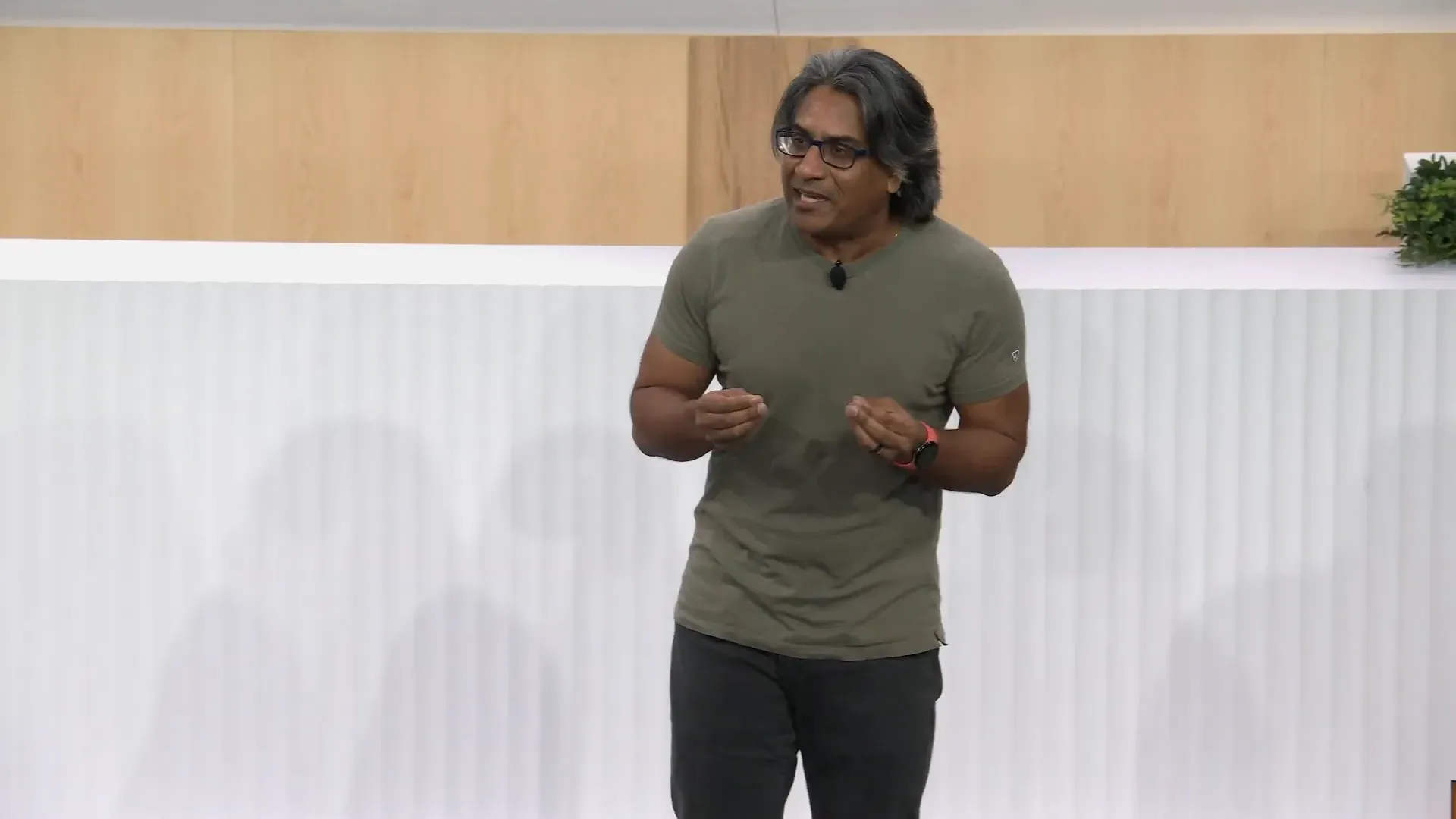
Loss of Pulse Detection Feature: Life-Saving Innovation
One of Fitbit's advanced features is the detection of pulse loss, which is a rare occurrence and cannot be easily predicted. Therefore, the actual test is very challenging. The team began with in-depth research with cardiologists and emergency services leaders. To understand the details and peculiarities of this event, then develop a uniquely designed AI algorithm to identify the transition from a pulsed state to a pulse-free state.
Testing this feature isn't limited to labs. It also uses emergency simulations by professional actors, and conducts clinical studies in both the United States and Europe. Approved and approved by regulators such as the FDA, this feature is an important step forward in the real life saving and will be available in the United States from this March.
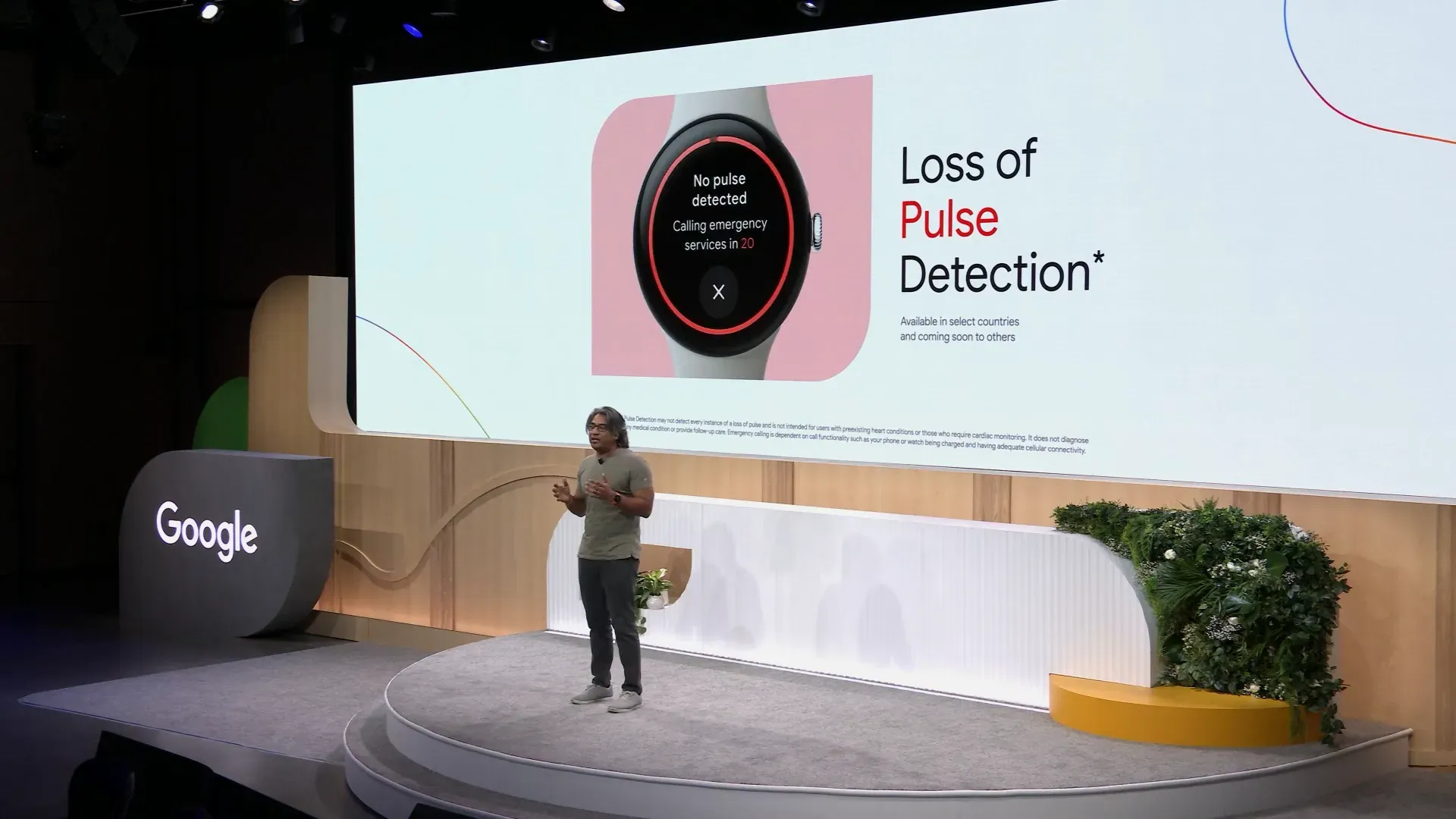
Turning health data into personalized insights with AI
Fitbit's collaboration with Google Research and DeepMind to develop the "Large Sensor Model" is a turning point in the AI industry for health data from wearables. The model is able to decode signals from the body with more accuracy and can classify a wider range of activities than ever before.
in addition The model can also predict trends in various health values, such as changes in heart rate or sleep quality. This makes it possible to create a personal health coach who precisely adapts the exercise plan to each person's goals and physical condition.
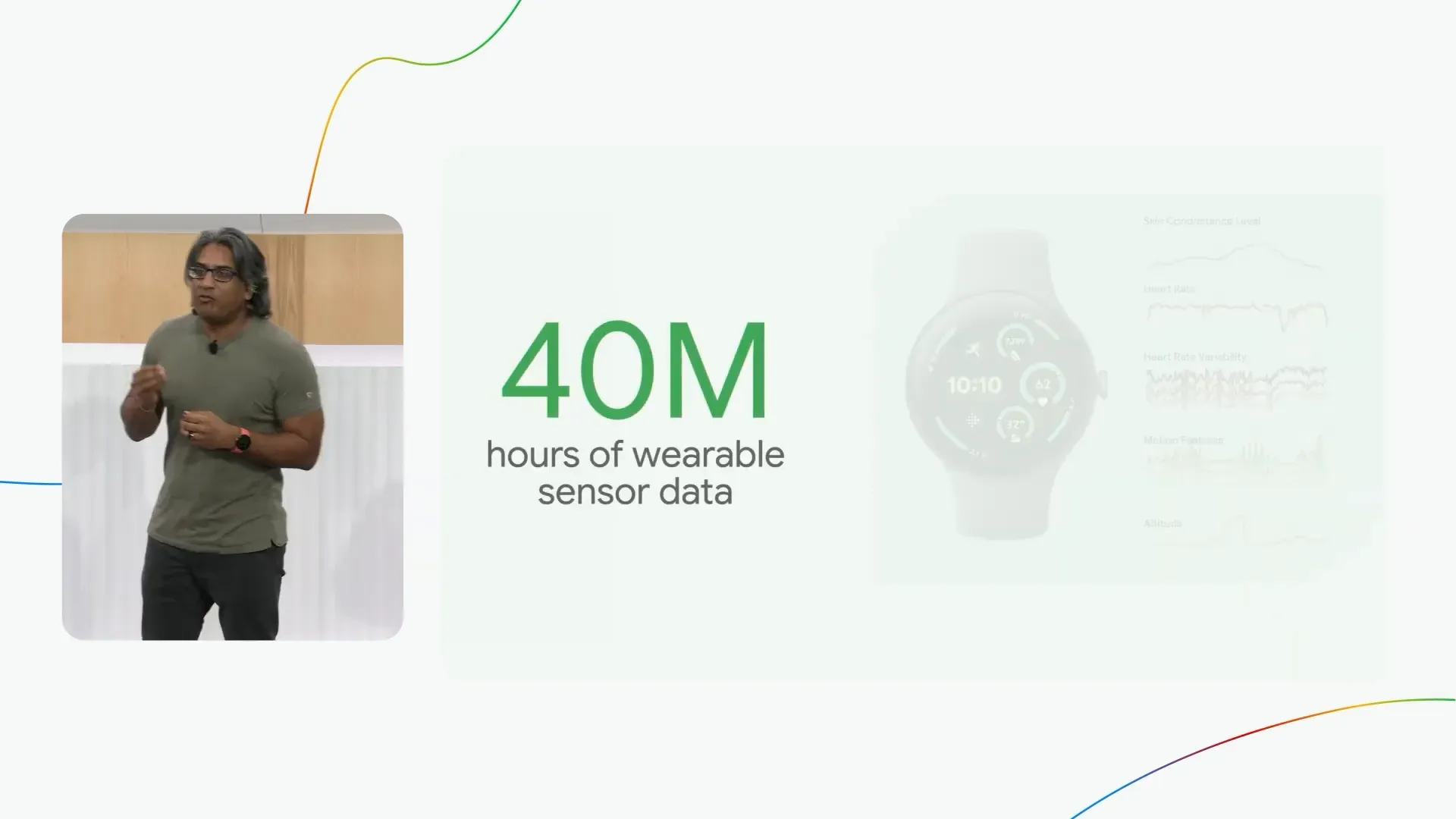
Disclosure of research and building a health science community
Fitbit is committed to transparency and knowledge sharing by publishing research on the Large Sensor Model and how to validate the model to empower the health sciences industry to benefit and evolve together. Fitbit is also a leader in the use of technology in research, citing and using more Fitbit technology than its competitors in research around the world.
To maintain scientific standards and real-world appropriateness, Fitbit has established a Consumer Health Advisory Board. It is made up of experts in fields such as digital health, behavior change, fitness training, fitness training, and fitness training. To advise and monitor the development of new technologies, especially high-level AI technologies such as LLMs who are playing a role in the health industry.
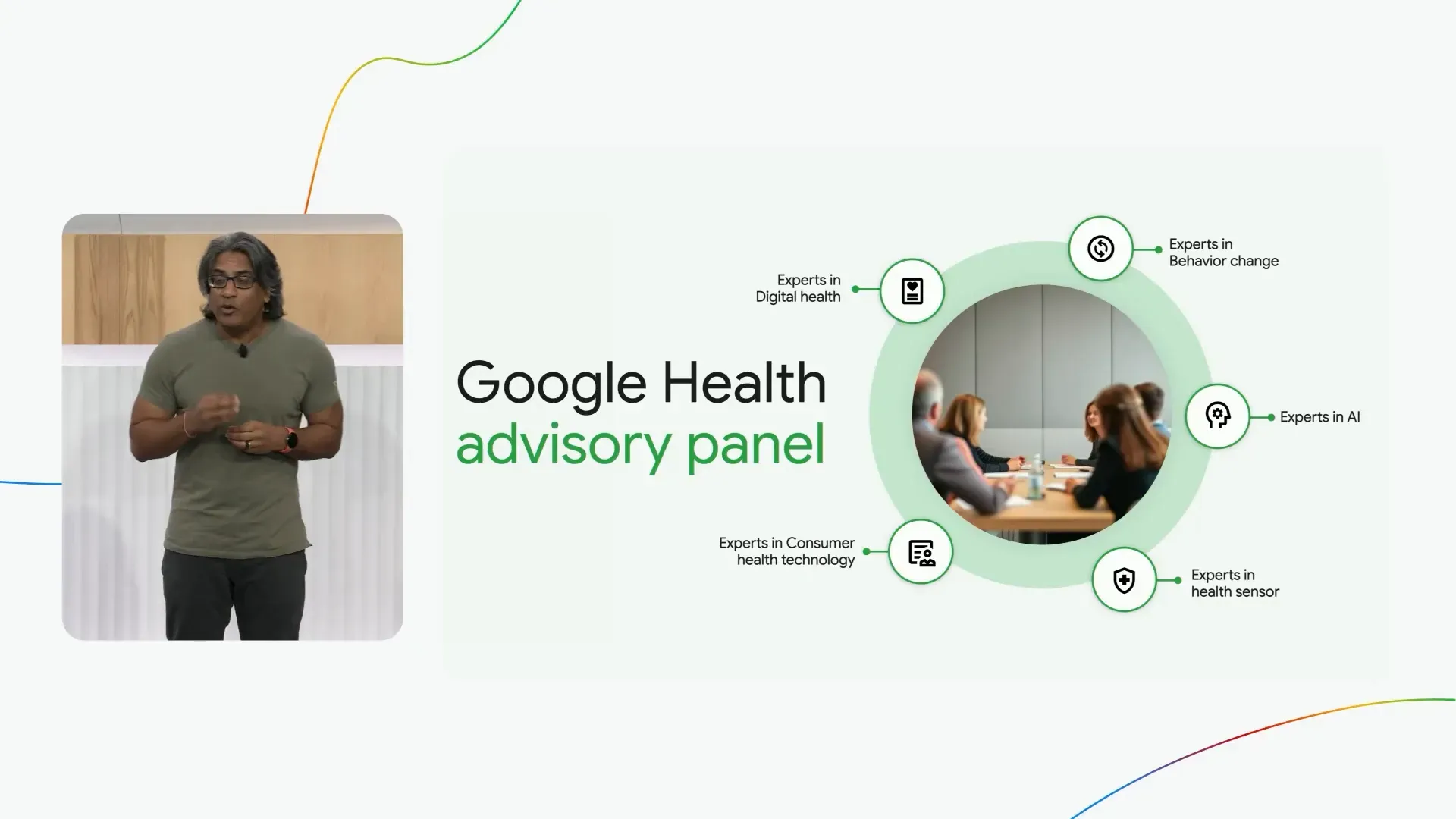
Health Connect: A unified health information platform.
In an era where people use multiple apps and devices to track their health. Therefore, it is necessary to collect all the information in one place. Health Connect It is an open platform on the Android system that allows users to share health data between apps and devices securely and efficiently.
Since its launch two years ago. Health Connect It has grown rapidly, with the number of users and developers increasing by over 75% in the last six months. A clear example is Omron, a leading blood pressure technology company, that uses Health Connect to integrate user activity data into its own apps and also sends blood pressure data back into Health Connect for use in other apps.
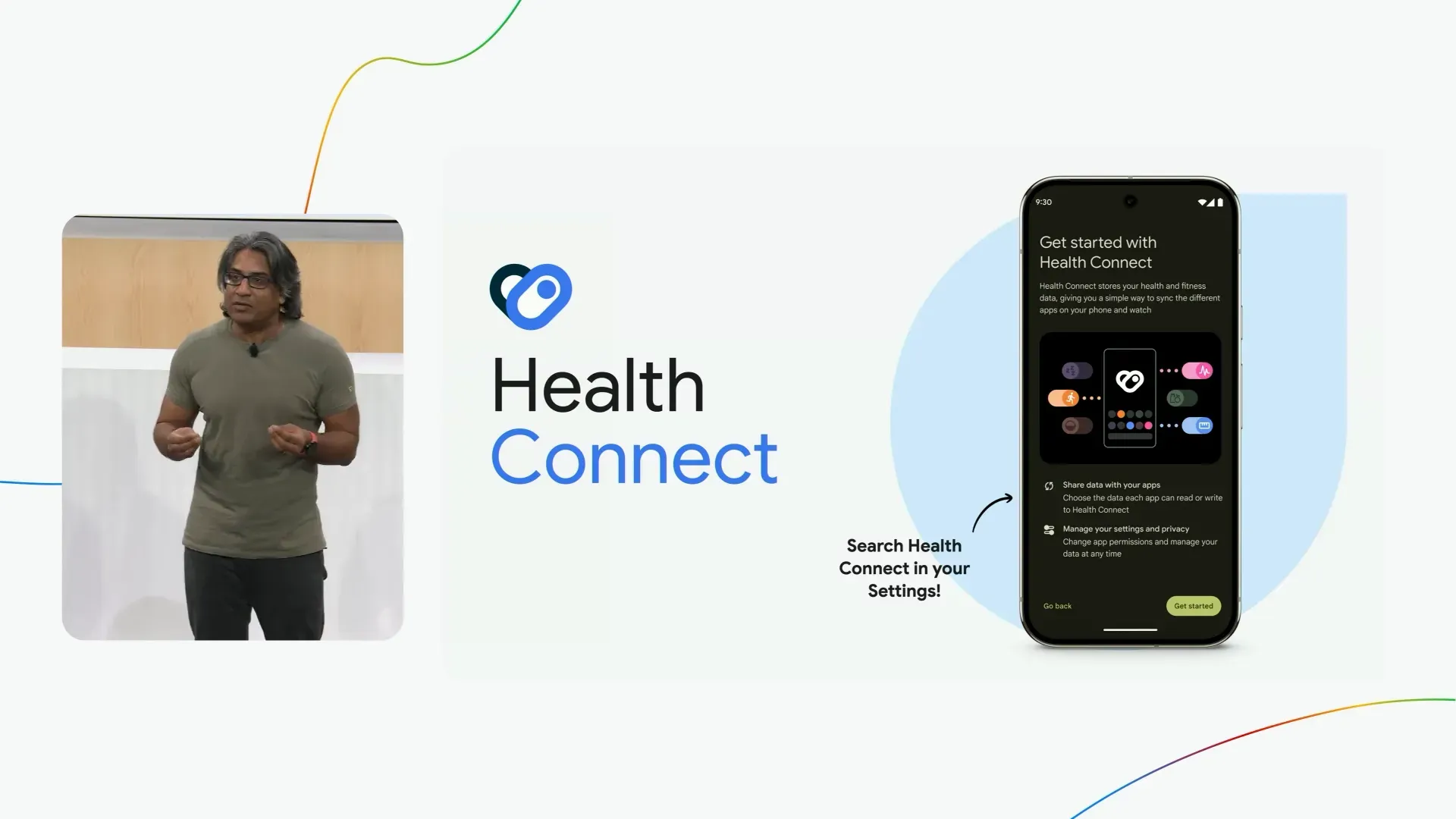
Medical Records API: Consolidating Medical Data in the User's Hands
Another important step is the launch of the Medical Records API on Health Connect, which uses the FHIR (Fast Healthcare Interoperability Resources) standard, allowing health apps to read and write data directly from a user's medical history, such as lab results, vaccinations, or medication information.
The API's strengths are that it opens up new health experiences, such as analyzing the effects of medications on sleep or adapting exercise plans to existing medications, such as GLP-1, a medication that helps control weight and diabetes.
Data security is a top priority. The data is encrypted and stored on the user's phone, and the user controls which apps can access the data.
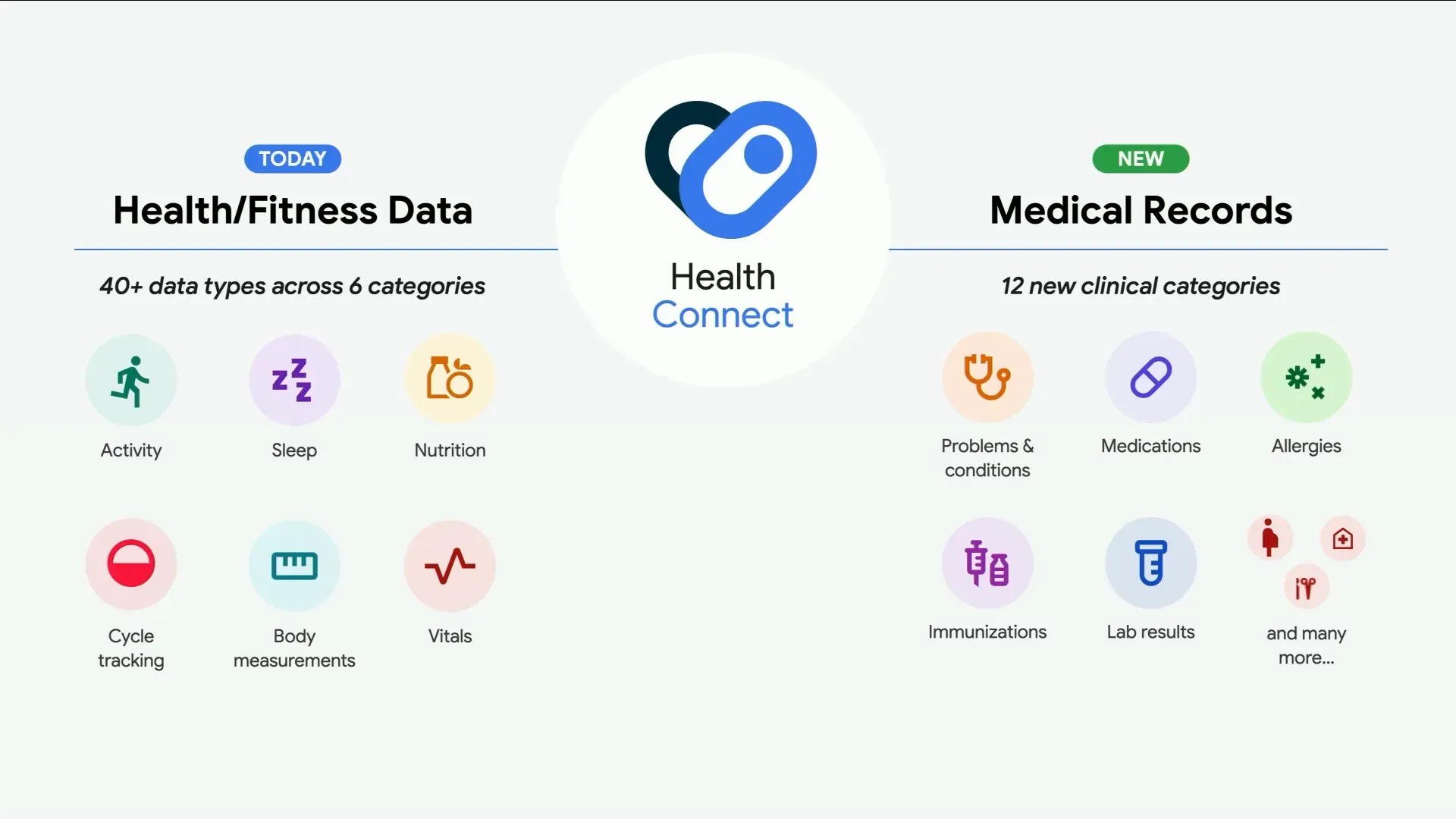
Providing opportunities for developers to create new health innovations
Currently, more than 60 partners have received early access to these APIs and are developing apps that can transform the healthcare industry widely. The integration of accurate sensor data, medical history, and AI models trained with personalized health data is enabling new tools that help users live longer and healthier lives.
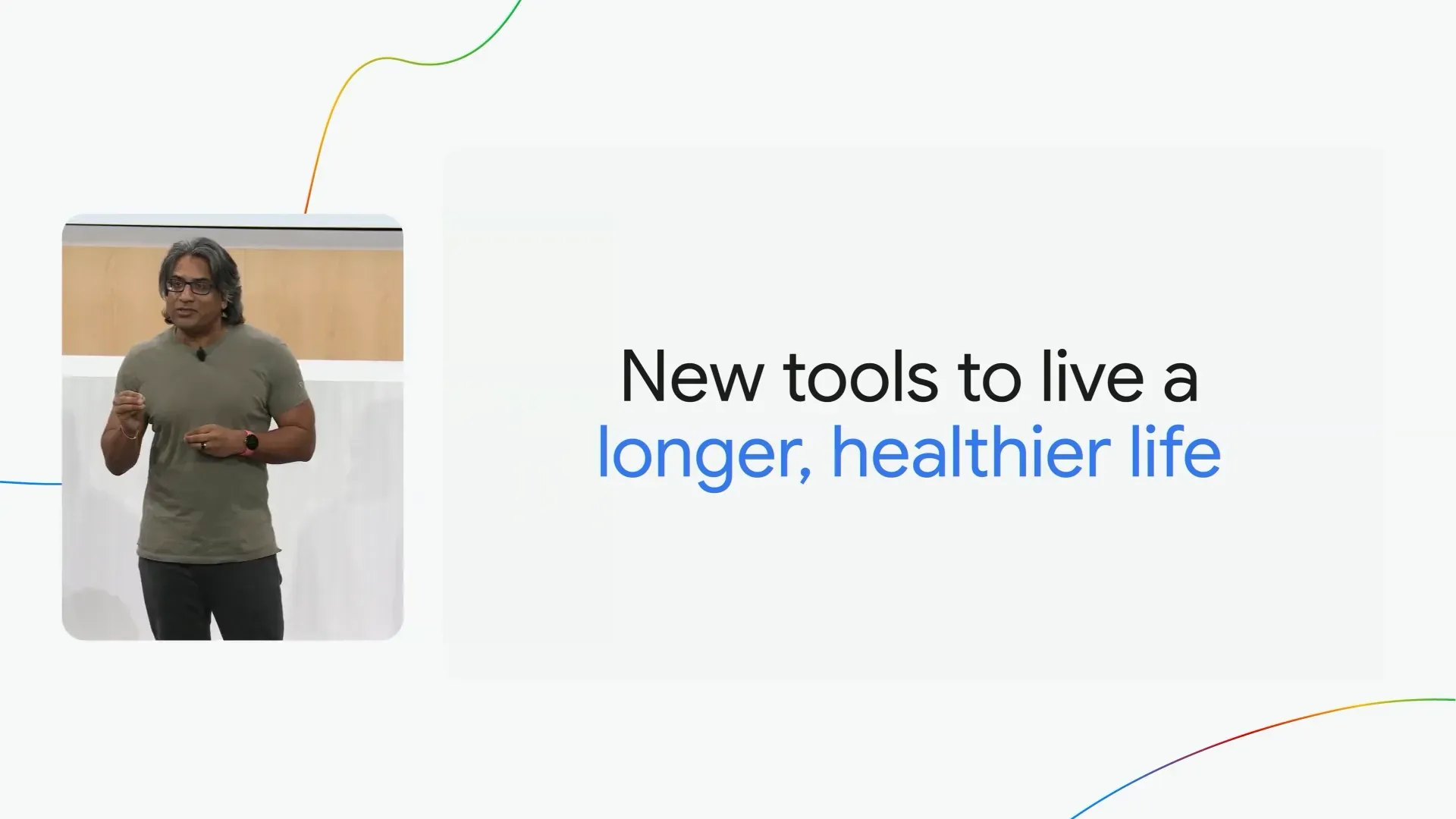
Technical terms to know
- AI (Artificial Intelligence): Artificial intelligence is a technology that allows machines to learn and perform tasks that require human-like thinking.
- Loss of Pulse Detection: Features that can detect pulse loss and automatic emergency alerts.
- FHIR (Fast Healthcare Interoperability Resources): Standards for exchanging health information between systems for compatibility and security
- Large Sensor Model: A large AI model trained with a large amount of sensor data to accurately decode body signals.
- LLMs (Large Language Models): Large language models that can understand and generate text like humans.
Conclusion from Insiderly
Deeply integrating AI into Fitbit's health technology through intensive research and development, it has created features that not only increase comfort, but also save the lives of users.
The launch of the Medical Records API on Health Connect is a major step in integrating digital health data into the hands of users. This makes health care more comprehensive and efficient. It retains maximum security and privacy.
In addition, the collaboration with Google Research and DeepMind to develop the Large Sensor Model opens the door to a new level of health analytics and prediction that will truly transform the way we exercise and take care of ourselves to be truly personalized.
For the digital health industry This is ushering in a new era where AI and personal health data work together to create a truly longer, better quality of life.


